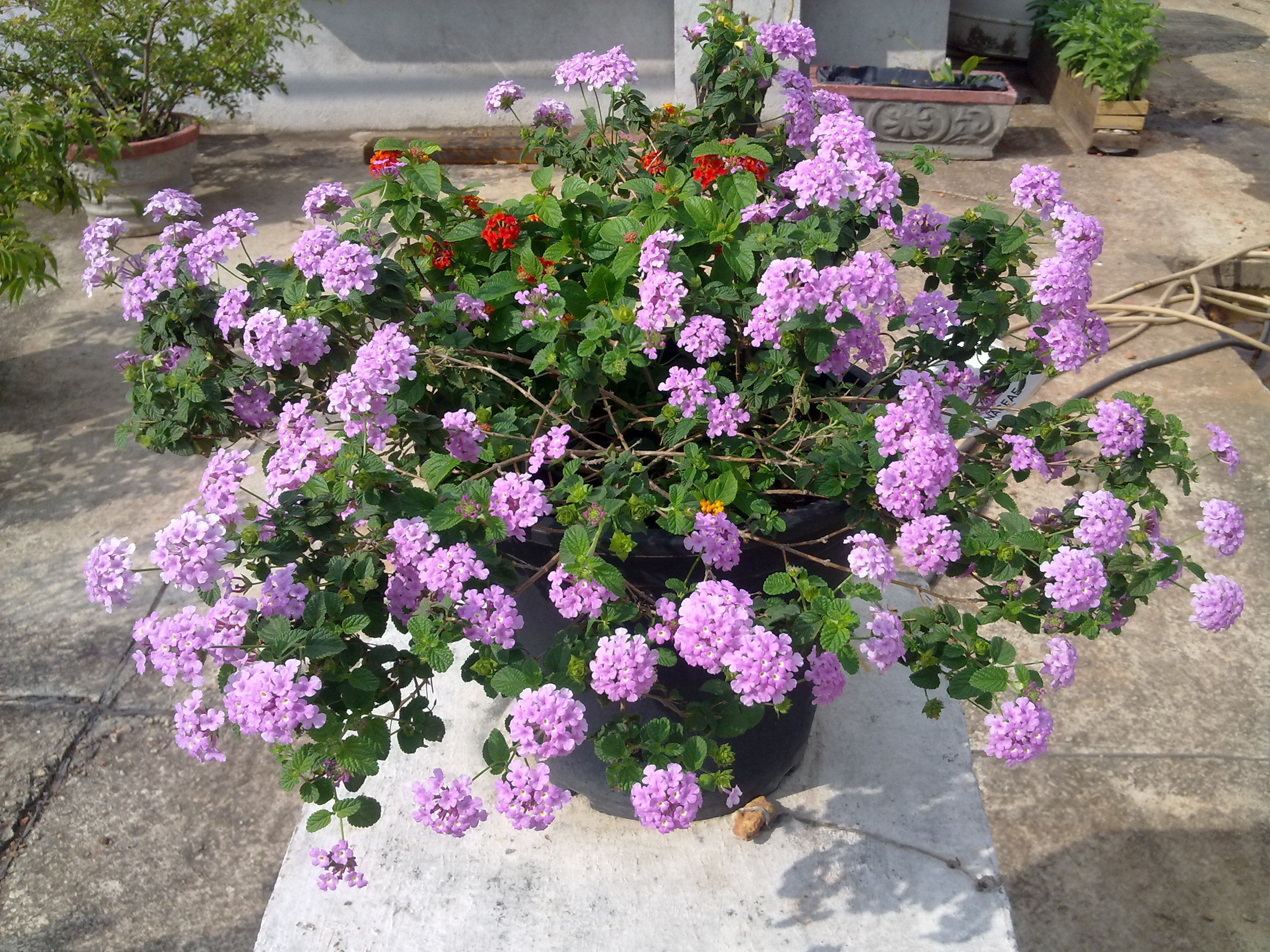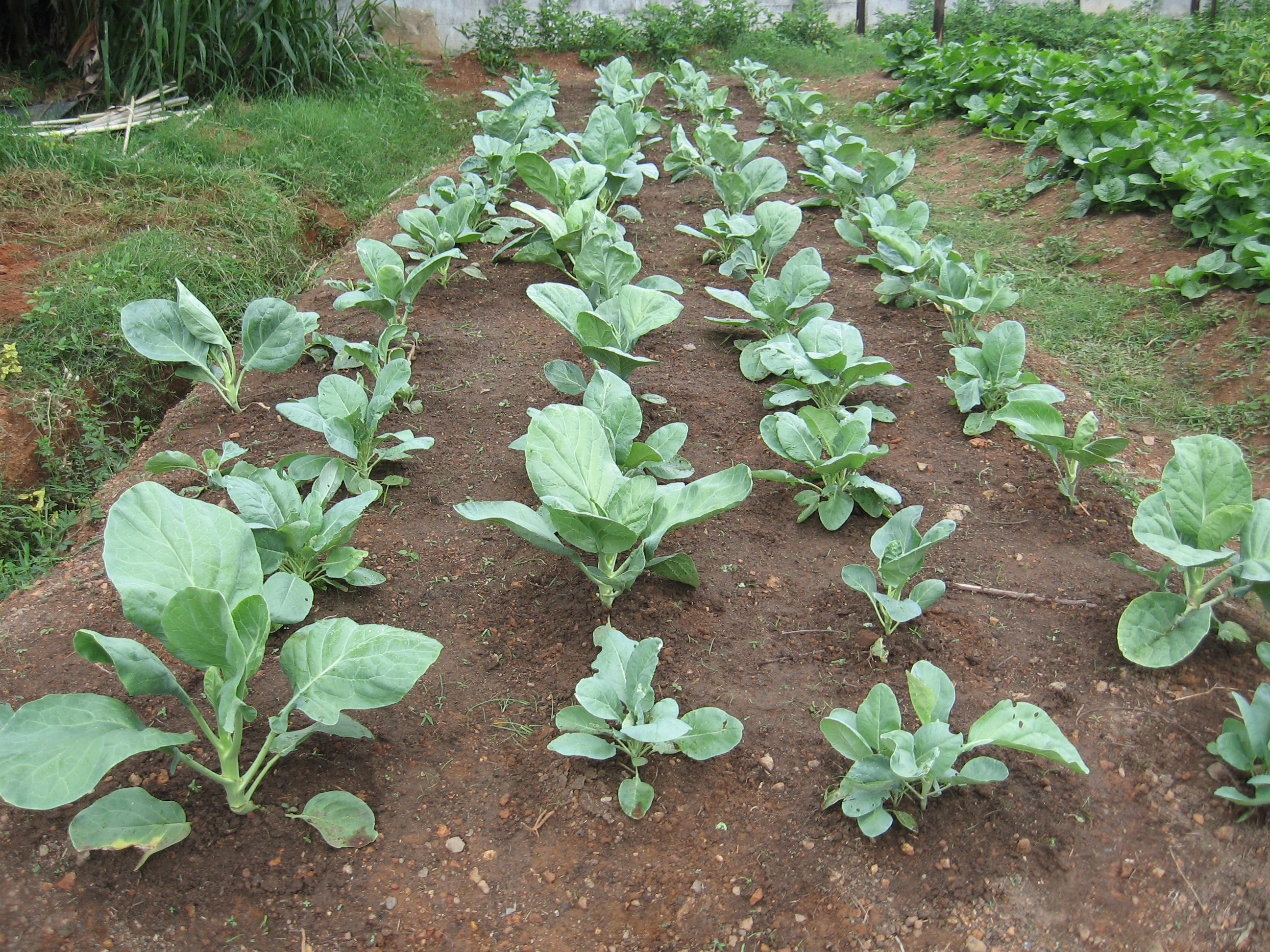Organic farming and Food security program
“Organic farming” was introduced to the main campus in Colombo as well as the regional centers all over the country. The program is not only aiming growing plants on university lands with the contribution of university staff. As a university we encourage our students as well as the public to start growing food crops on every productive land that available. Awareness programs were conducted regarding organic farming and food security
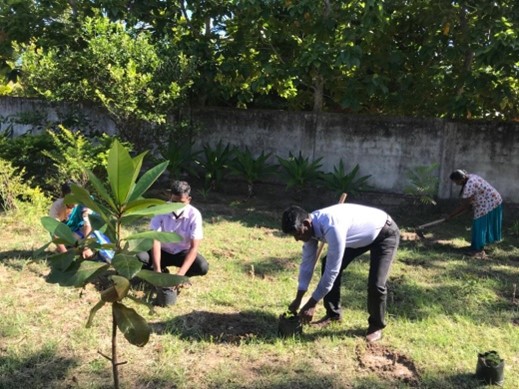
Solar Remote Lab
The Open University of Sri Lanka, a distinguished provider of open and distance learning, proudly introduced Sri Lanka’s first solar remote laboratory. This visionary undertaking was initiated under the aegis of the EUSL energy program, generously funded by the European Union in 2020. The fruition of this ambitious project required nearly two years of dedicated effort and a financial commitment of approximately 6 million rupees.
There are three major functions of this solar remote lab. First, it provides a dedicated space for university students to conduct rigorous experiments focused on the characteristics of solar panels and facilities for researchers to conduct research, and maintain a full database of solar power generation and weather conditions. This state-of-the-art facility is equipped with three primary solar panel units, comprising one unit located indoors and two strategically positioned outdoors. Moreover, users have the capability to adjust the panels’ orientation to suit their specific needs. Within this framework, students can conduct experiments that span both controlled and uncontrolled conditions, enabling the exploration of factors such as varying light intensities, different wavelengths, and diverse load scenarios, among other critical variables.
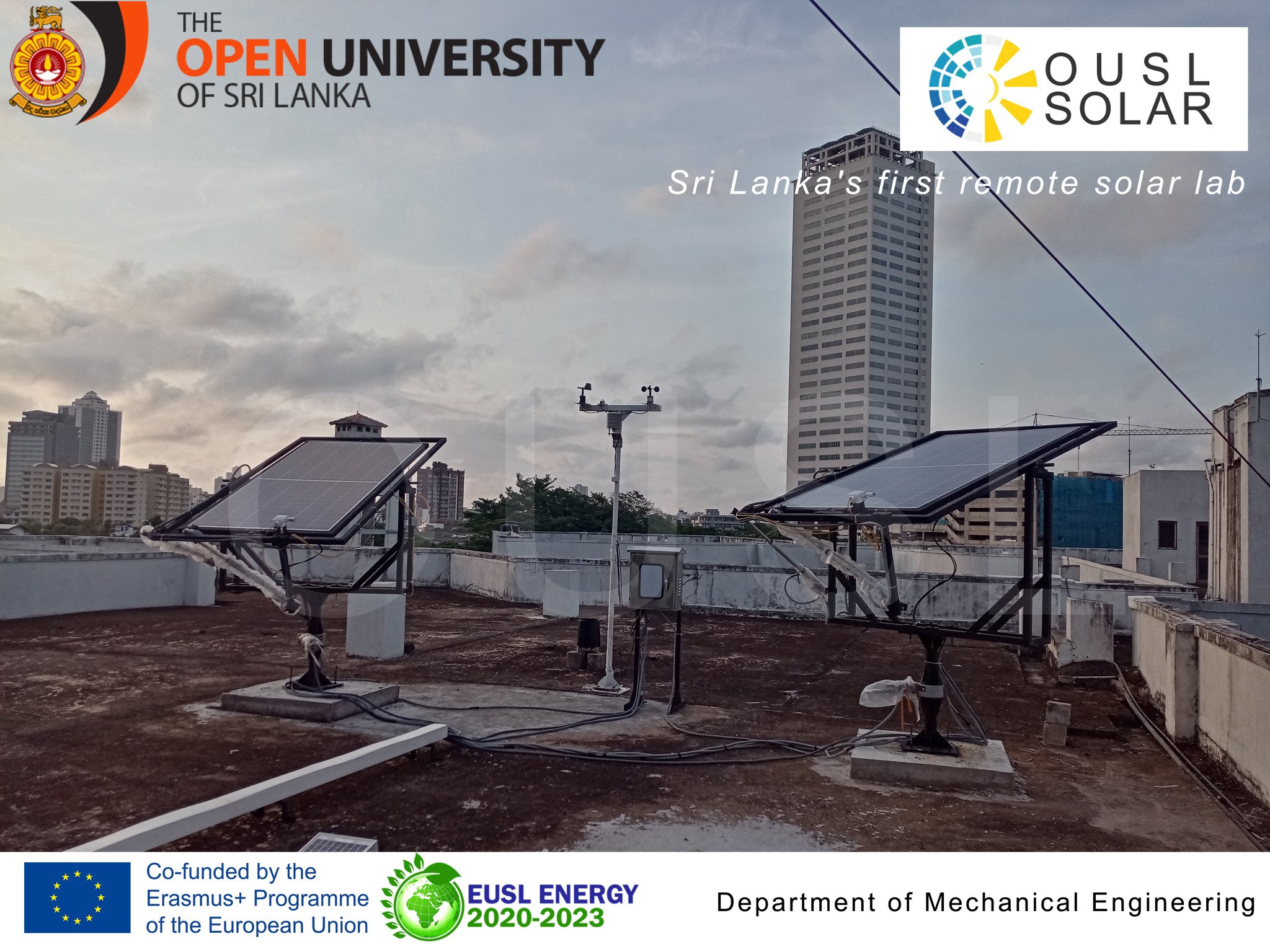
To ensure broad accessibility, the system is designed to accommodate a diverse array of users, including students, postgraduates, professionals, and educators. This inclusivity is further extended to the global academic community, as the laboratory is accessible via the internet, allowing students worldwide to participate remotely in experimental endeavors. Consequently, this innovative laboratory serves as a beacon of learning, transcending geographical boundaries to empower students on a global scale.
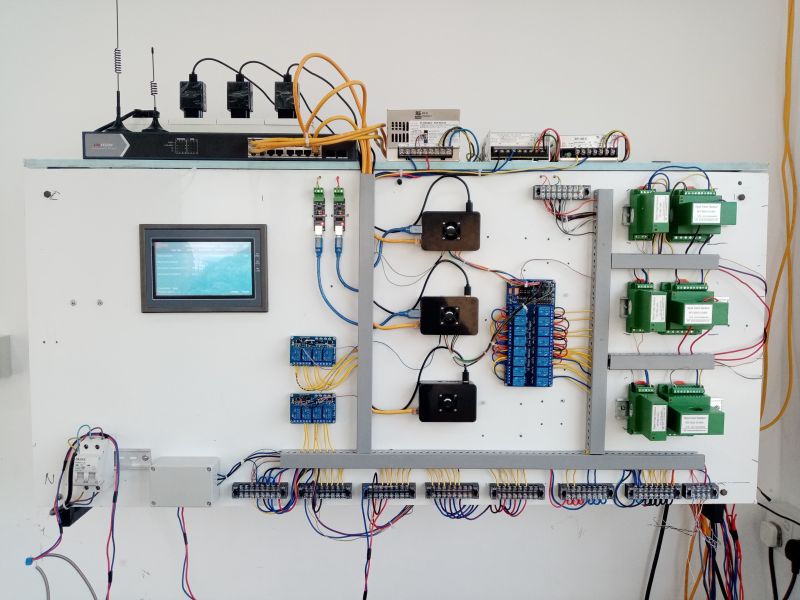
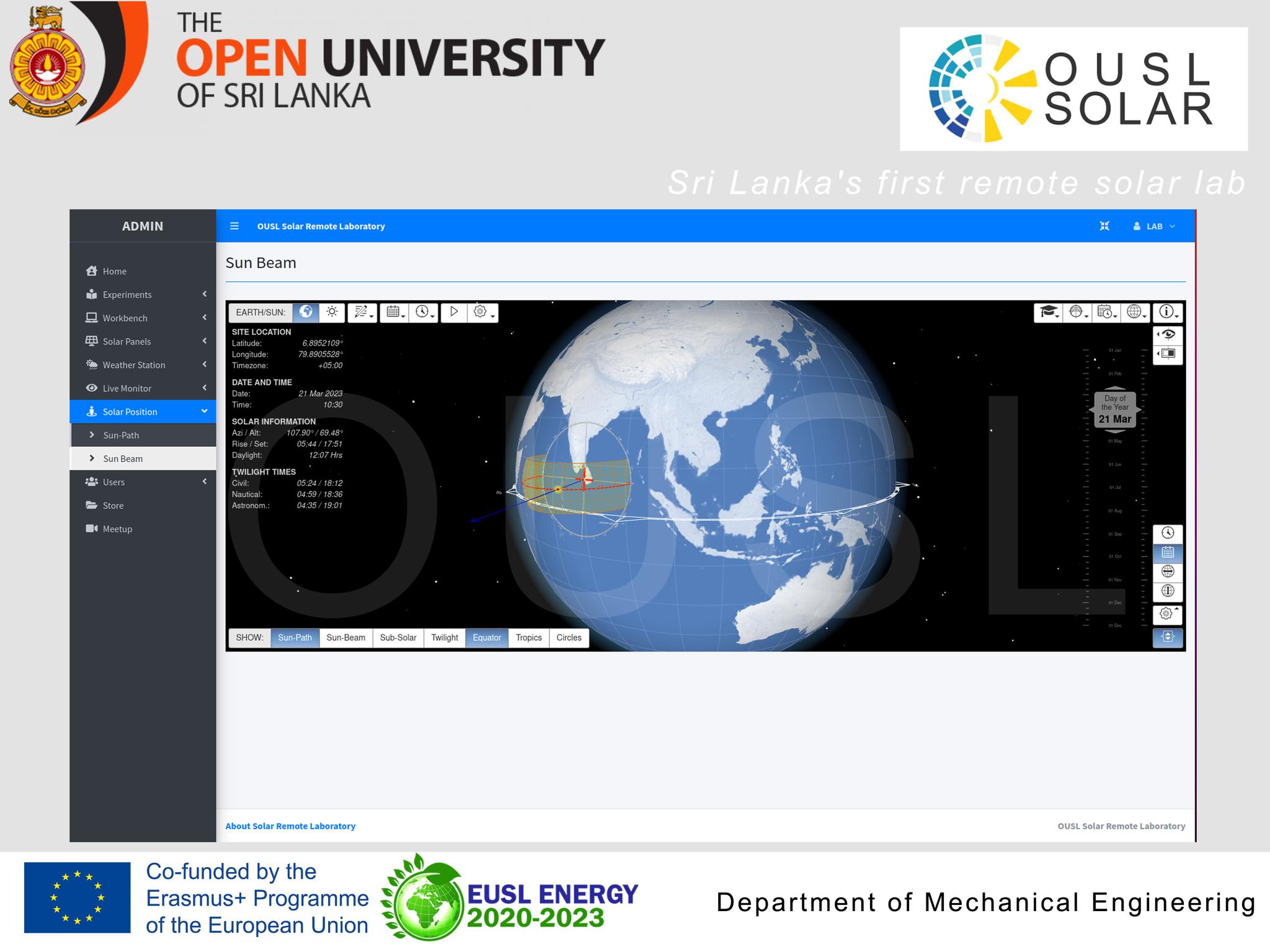
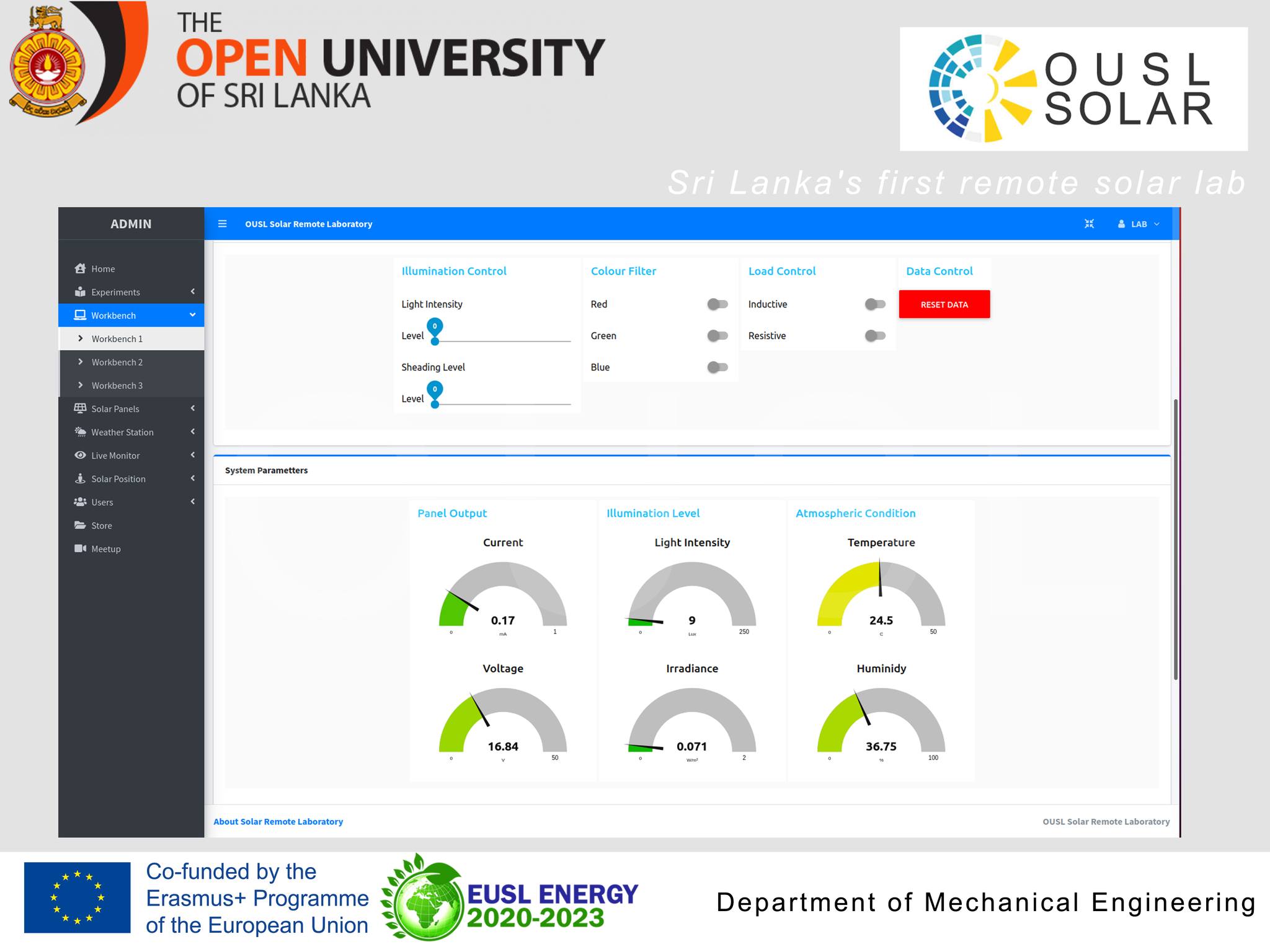
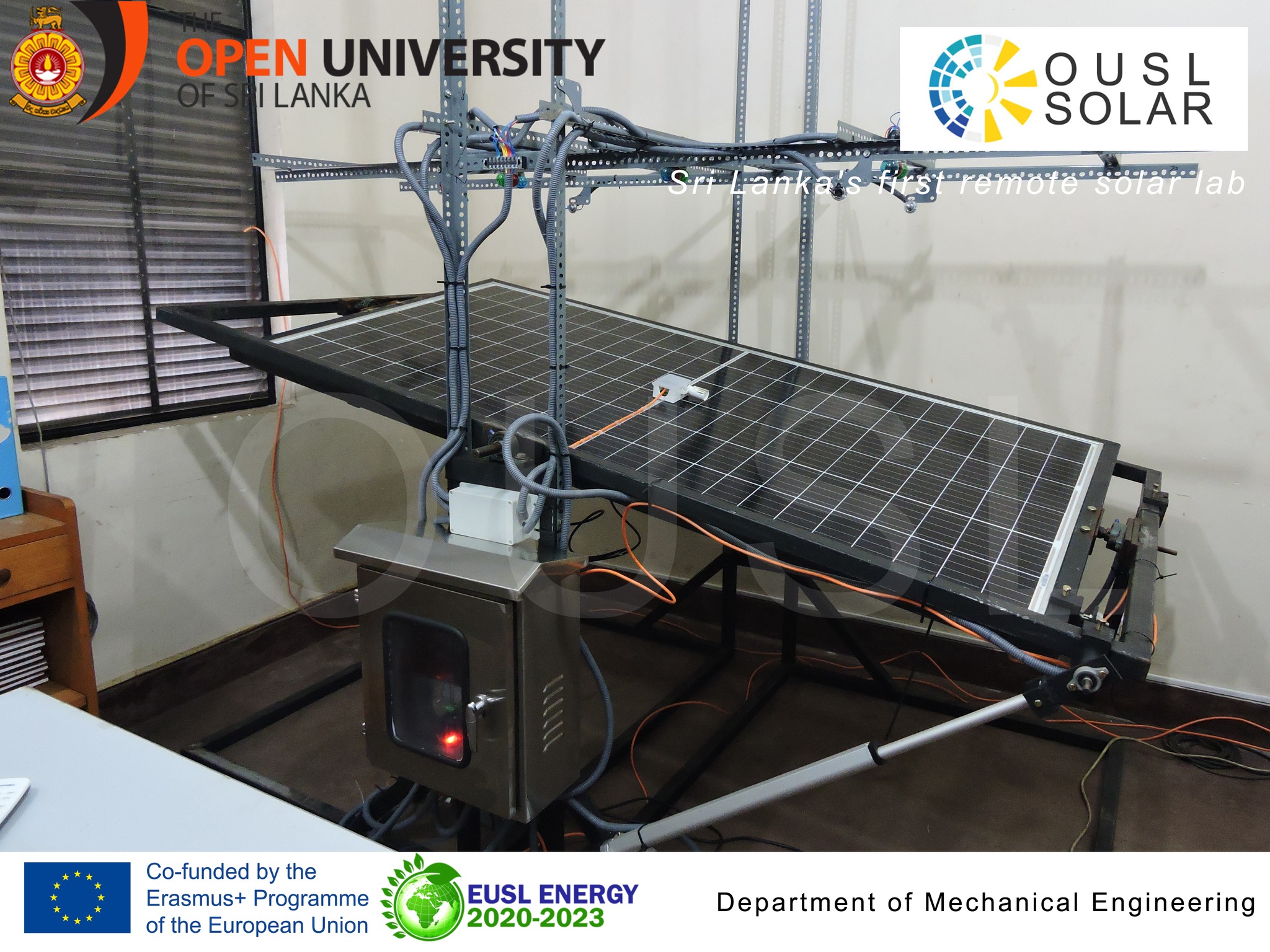
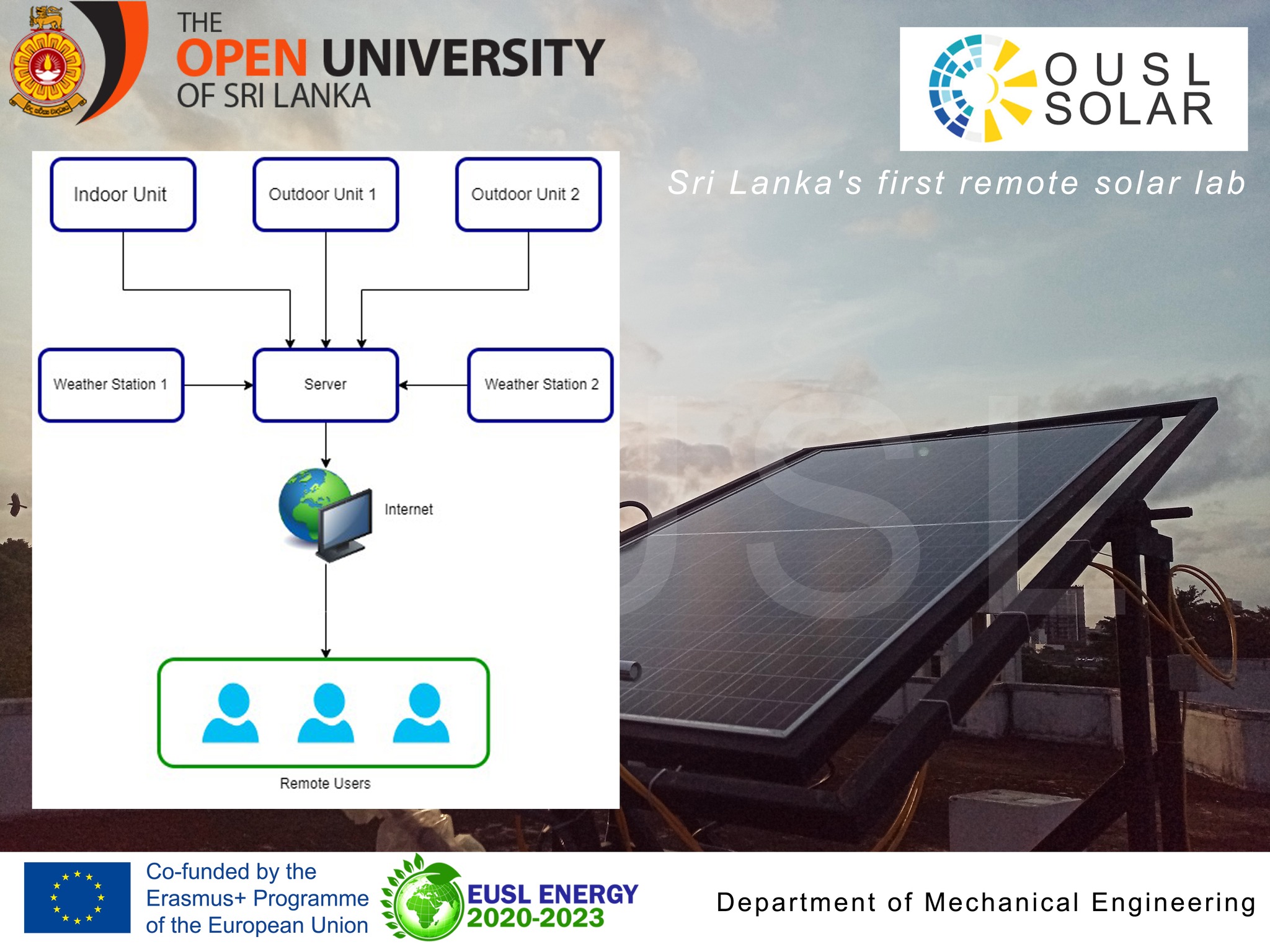
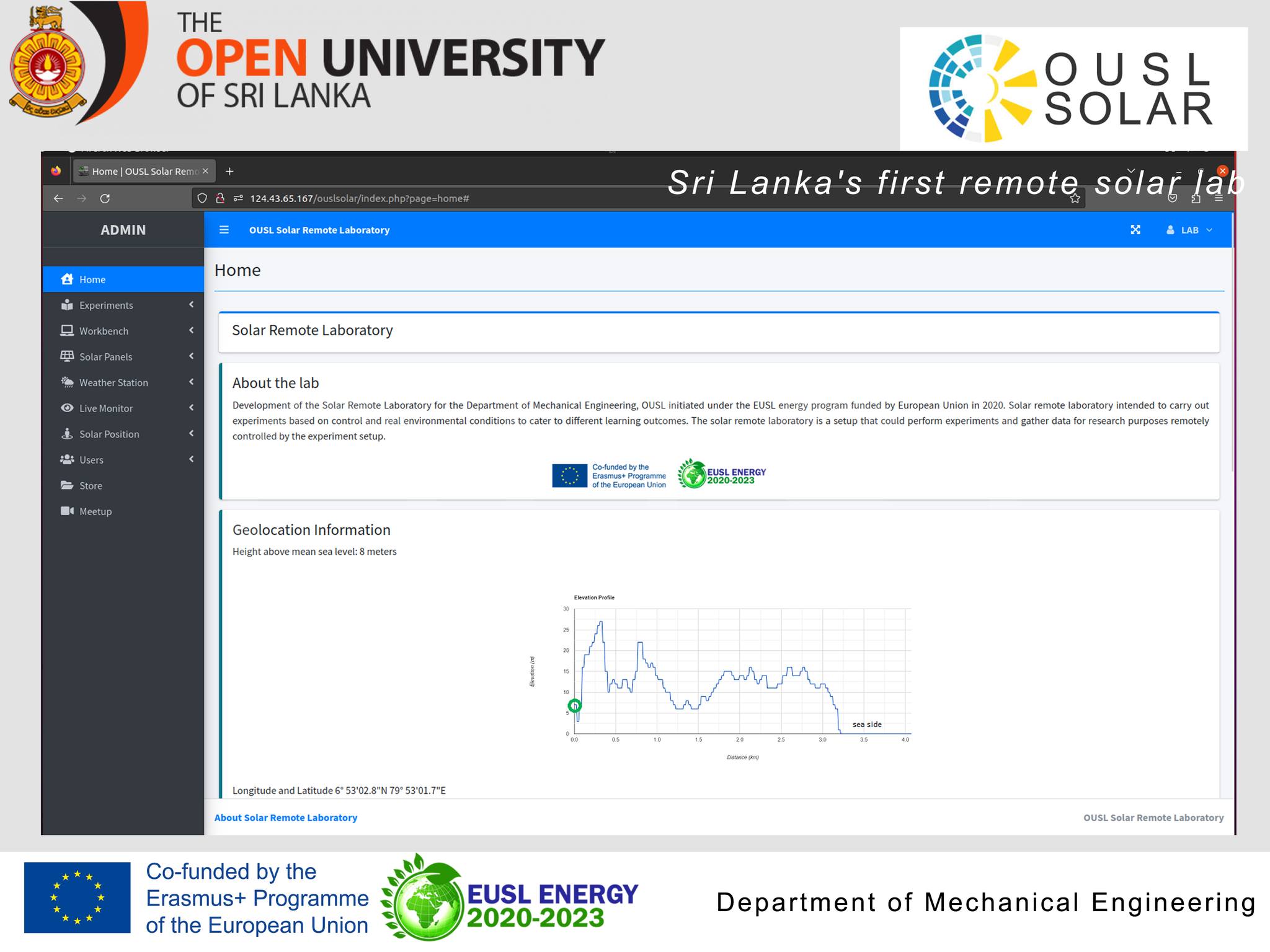
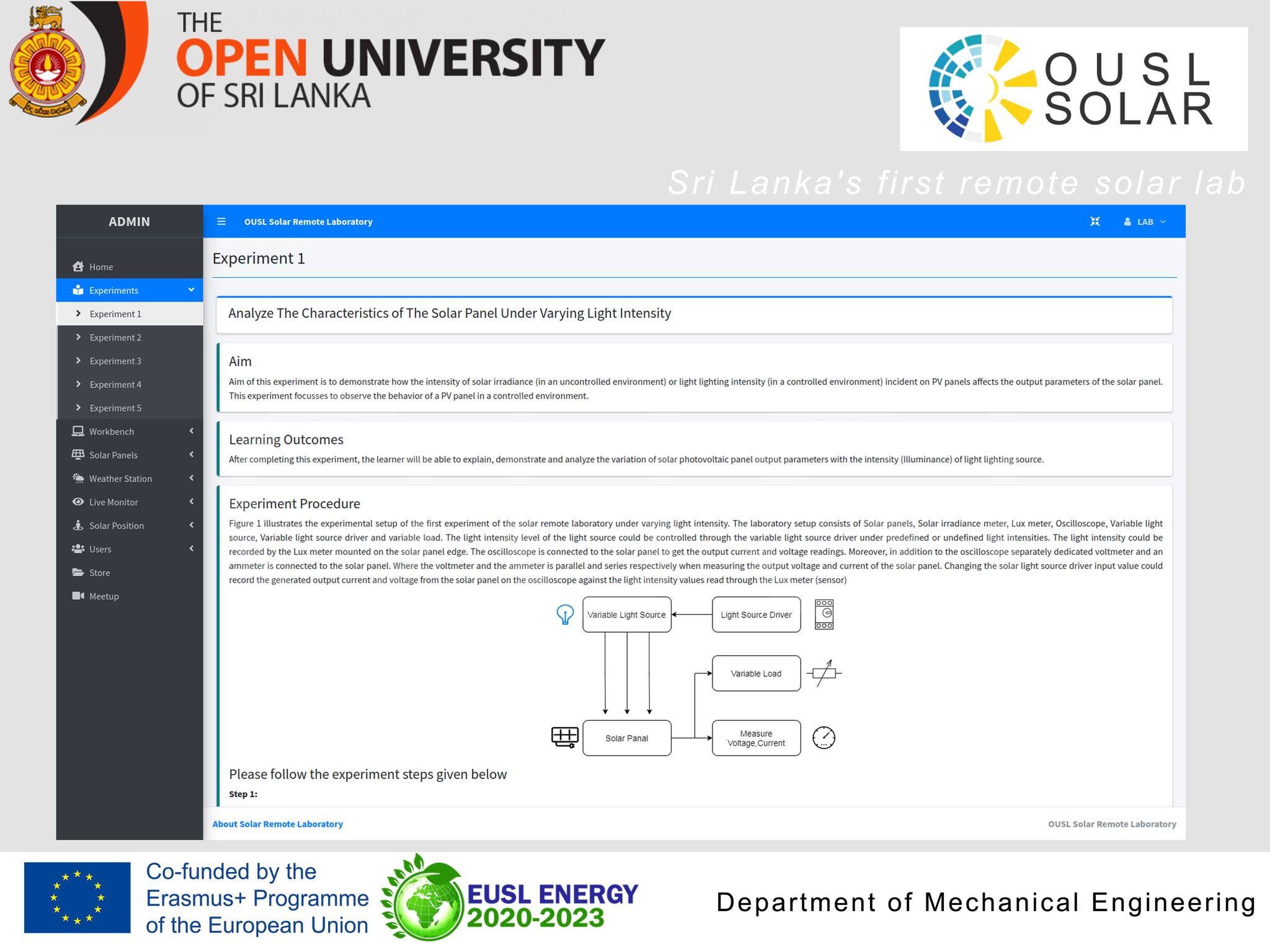
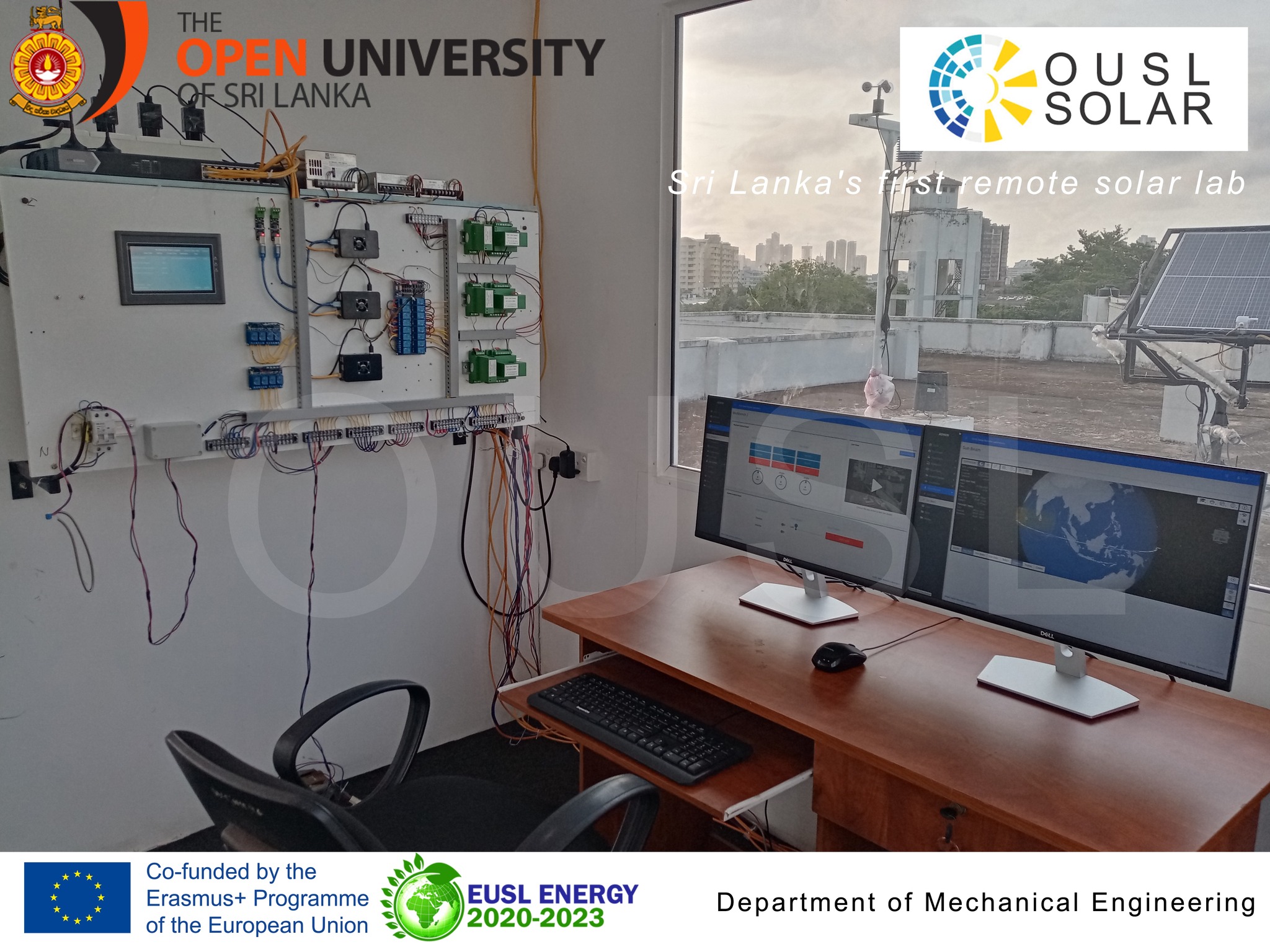
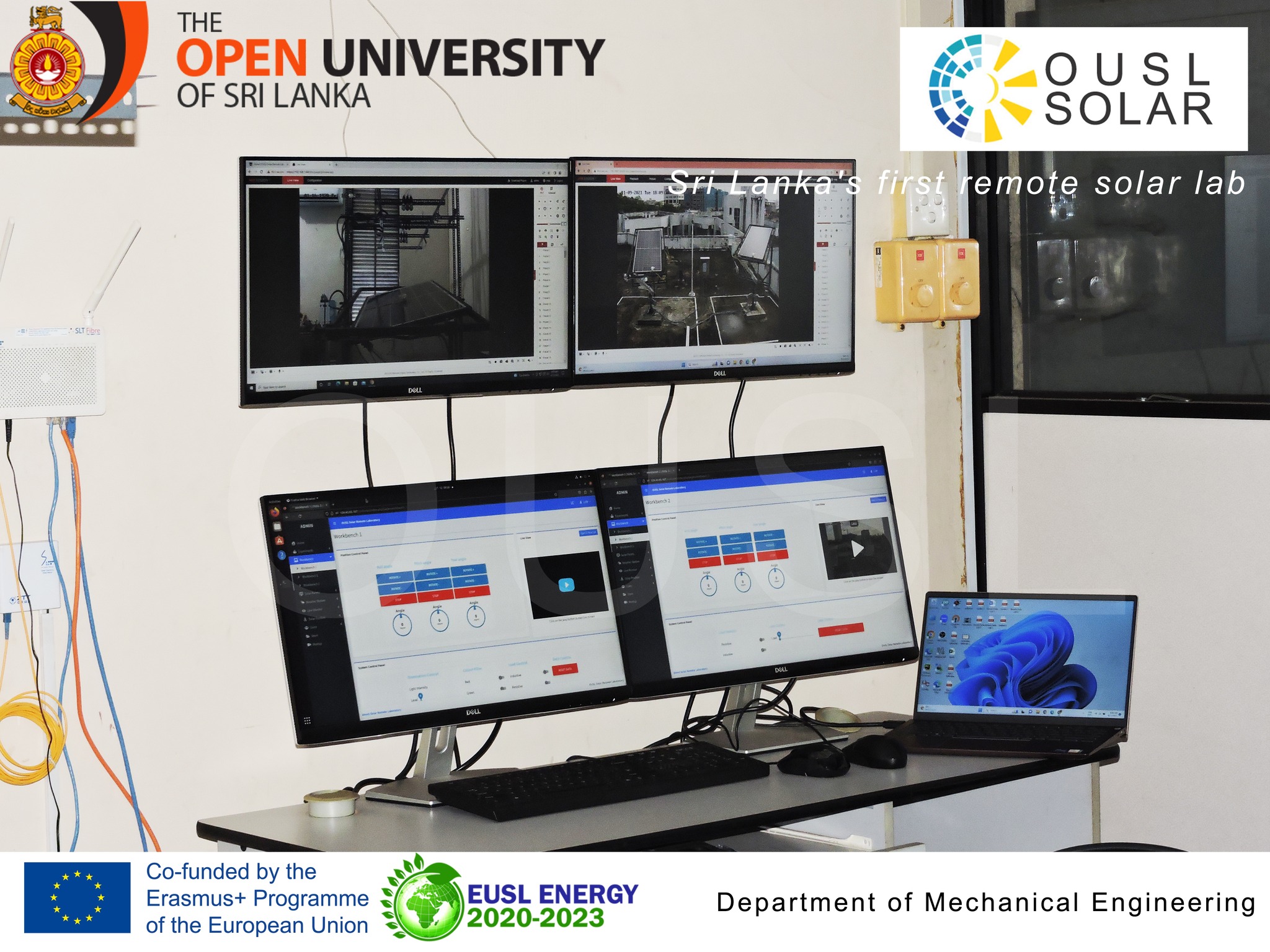
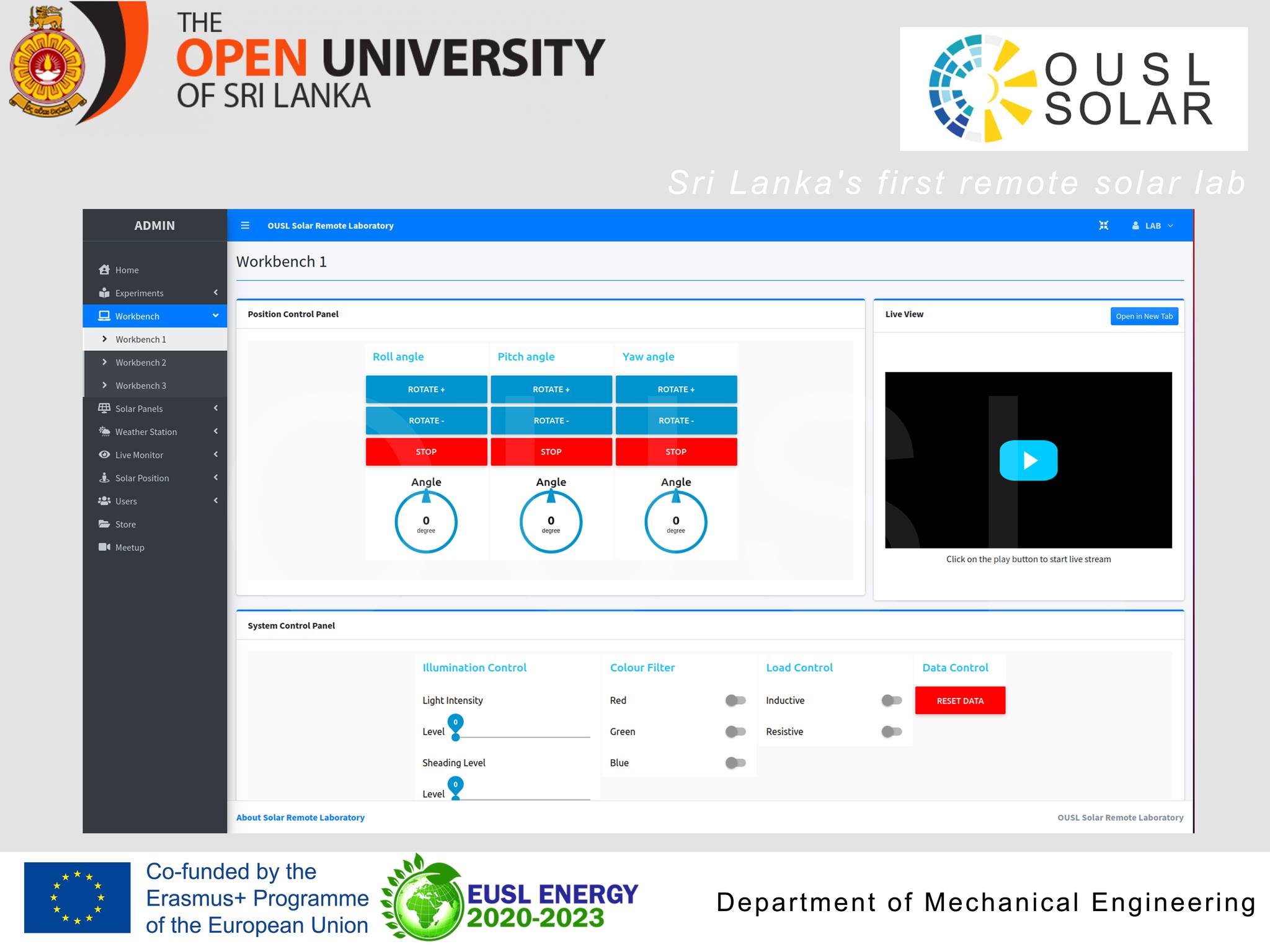
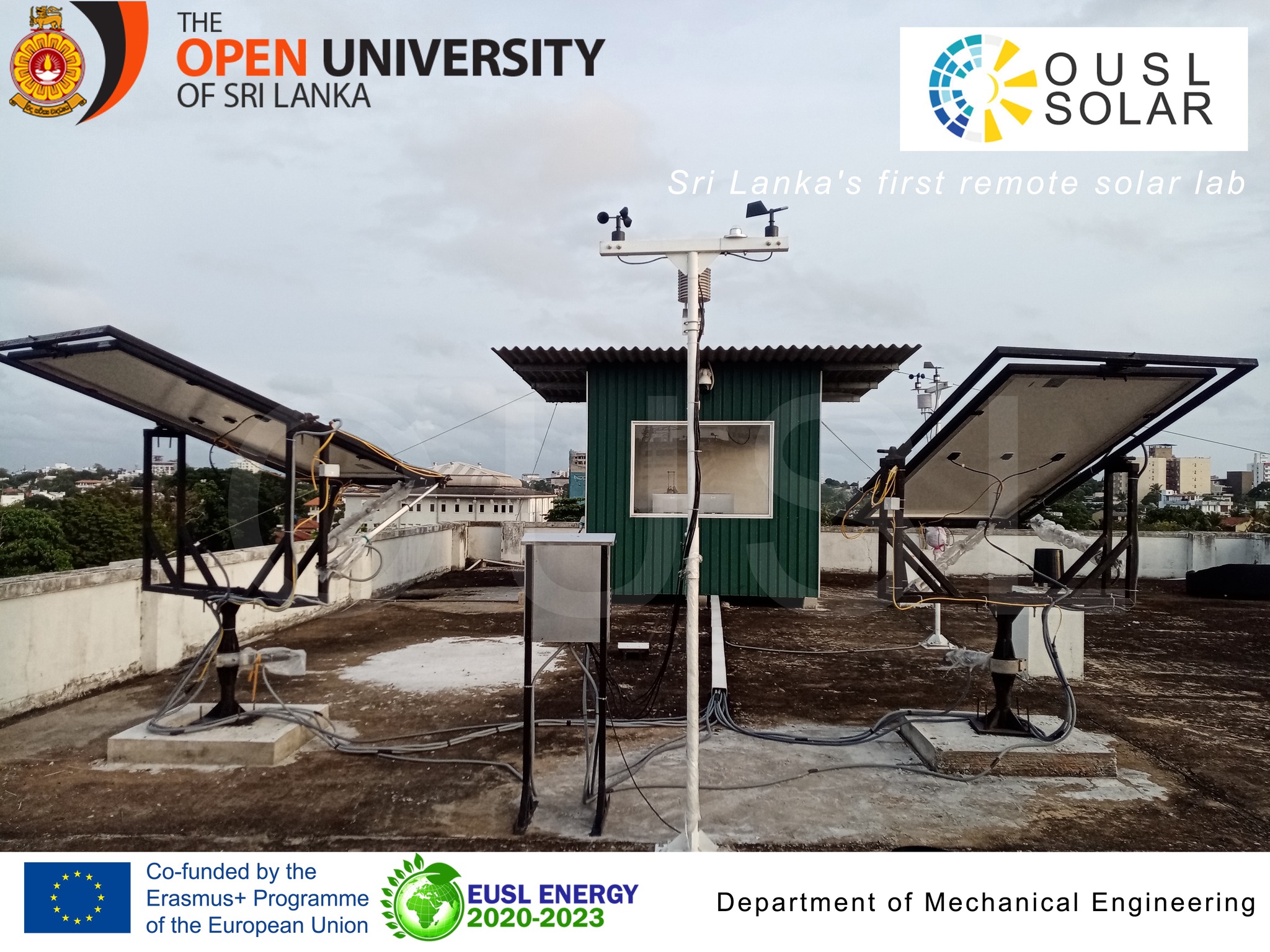
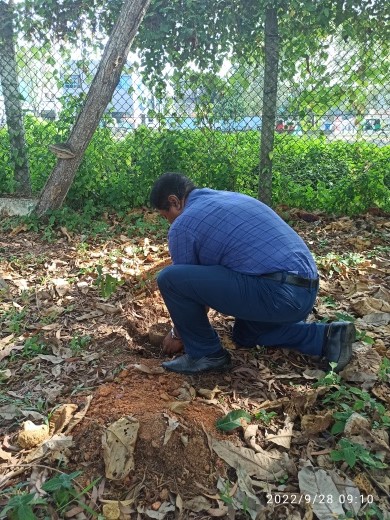
Tree Planting Program
Tree planting programs have been organized since 2017, and a successful large-scale program took place on September 28, 2022, at the Colombo Regional Center. Further, plant families with species richness and dominance inside the premises of Open University of Sri Lanka was documented and published several articles to aware community and updating information for further research purposes
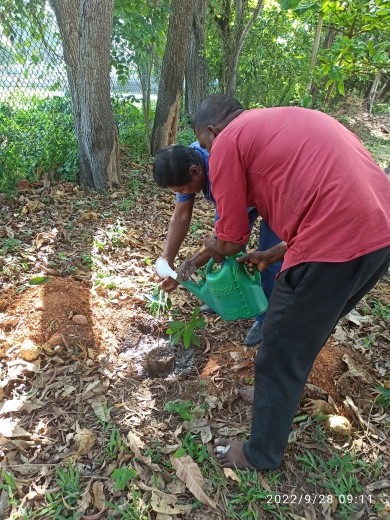
Biogas Unit
The Open University of Sri Lanka has two biogas production units at the canteens to utilize biogas for the cooking in the canteens. These units help to control the amount of organic waste in the university premises and utilize it in an eco-friendly sustainable way. Further, the by-products produced in the units are used as fertilizers for the trees and plants.
At the Open University, a systematic and well-organized process is in place for the separate collection of food waste. On average, approximately 45 kilograms of food waste are generated each month. Of this total, around 20 kilograms are provided to livestock farms, while the remaining 25 kilograms are directed to a biogas unit, where they are effectively harnessed for the generation of electricity. These generate electricity is used to boil water in canteens. This conscientious and resourceful approach not only minimizes food waste but also contributes to the institution’s commitment to environmental sustainability by repurposing food waste to meet the energy needs of the campus.
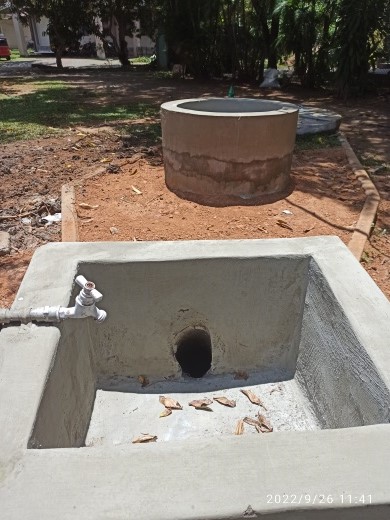
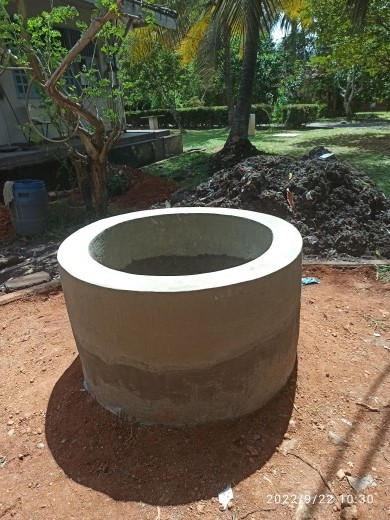
Mobile Laboratory Bus
The Open University of Sri Lanka has taken a pioneering step by instituting a mobile laboratory bus, equipped with a suite of high-quality instruments designed for rigorous testing purposes. This specialized bus is primarily dedicated to facilitating research in the domains of energy and climate change. The Open University of Sri Lanka has effectively eliminated the necessity of outsourcing instruments for practical experiments, as the mobile laboratory bus now comprehensively fulfills this role.
The Open University of Sri Lanka has effectively eliminated the necessity of outsourcing instruments for practical experiments, as the mobile laboratory bus now comprehensively fulfills this role.
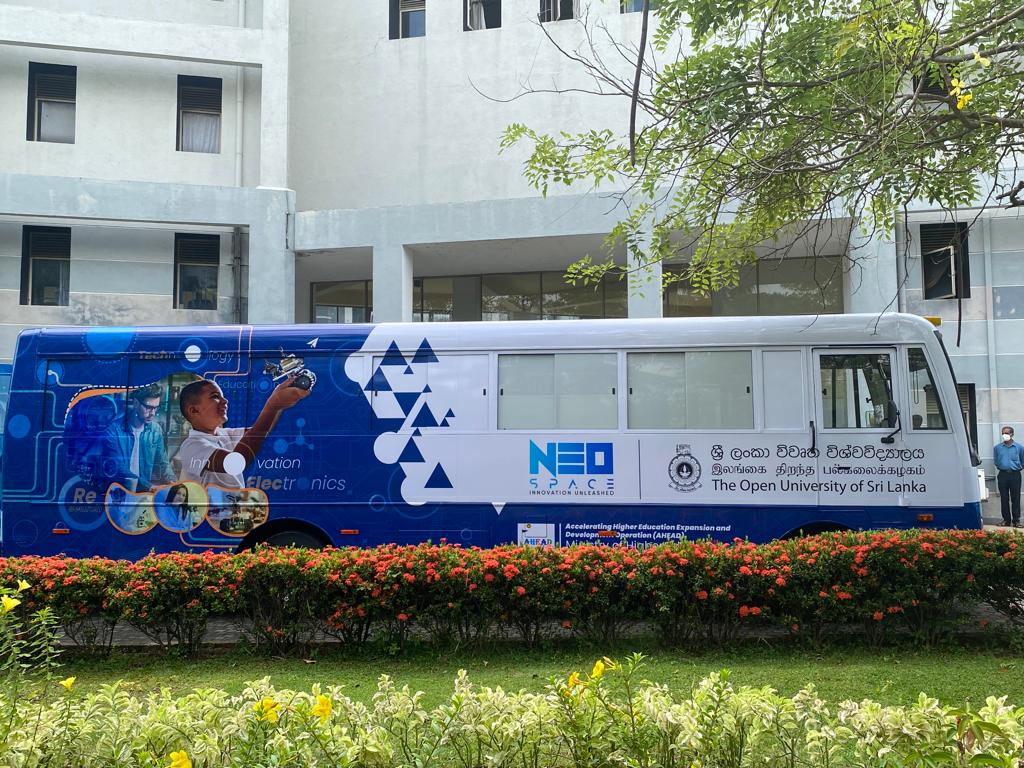
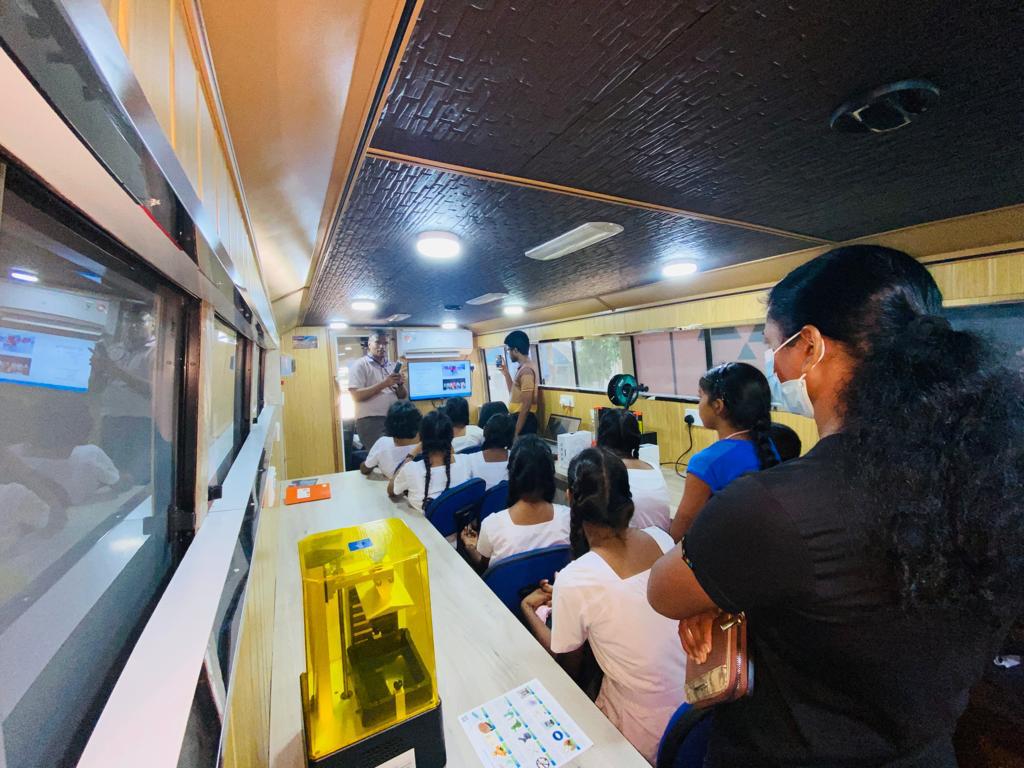
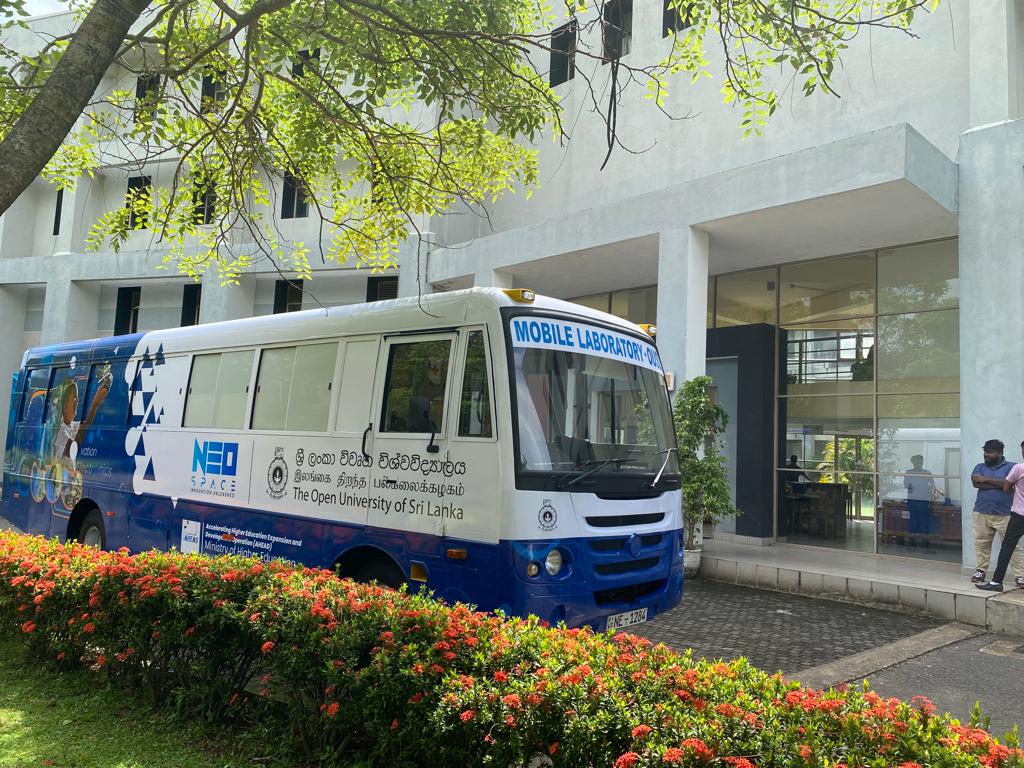
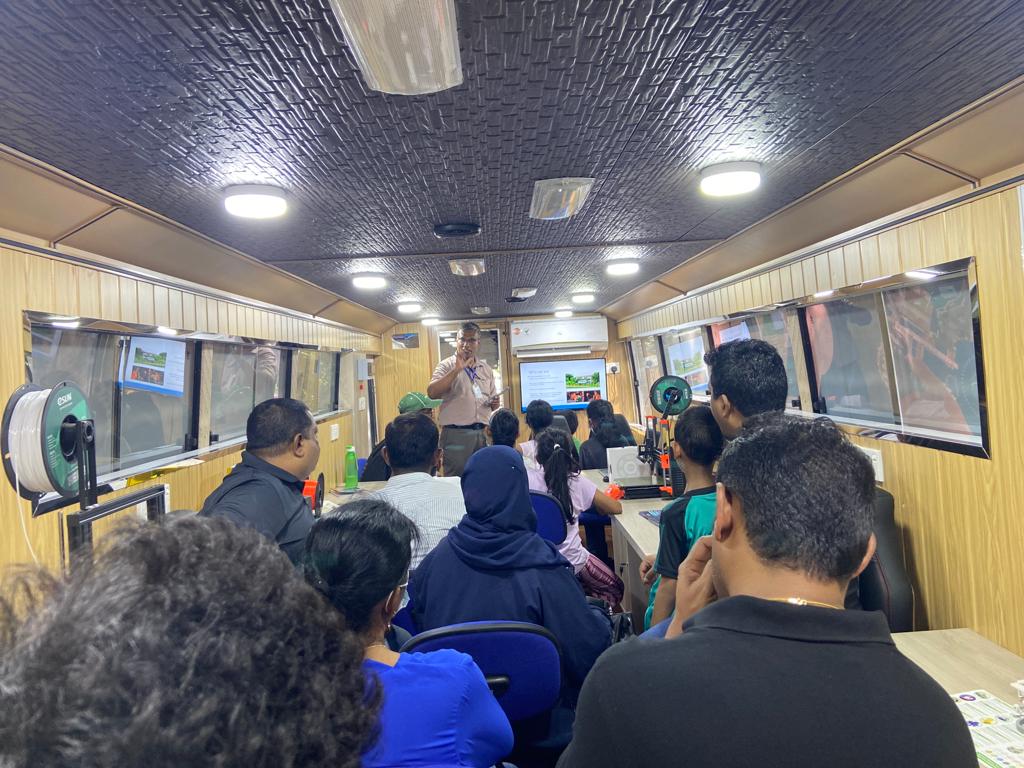
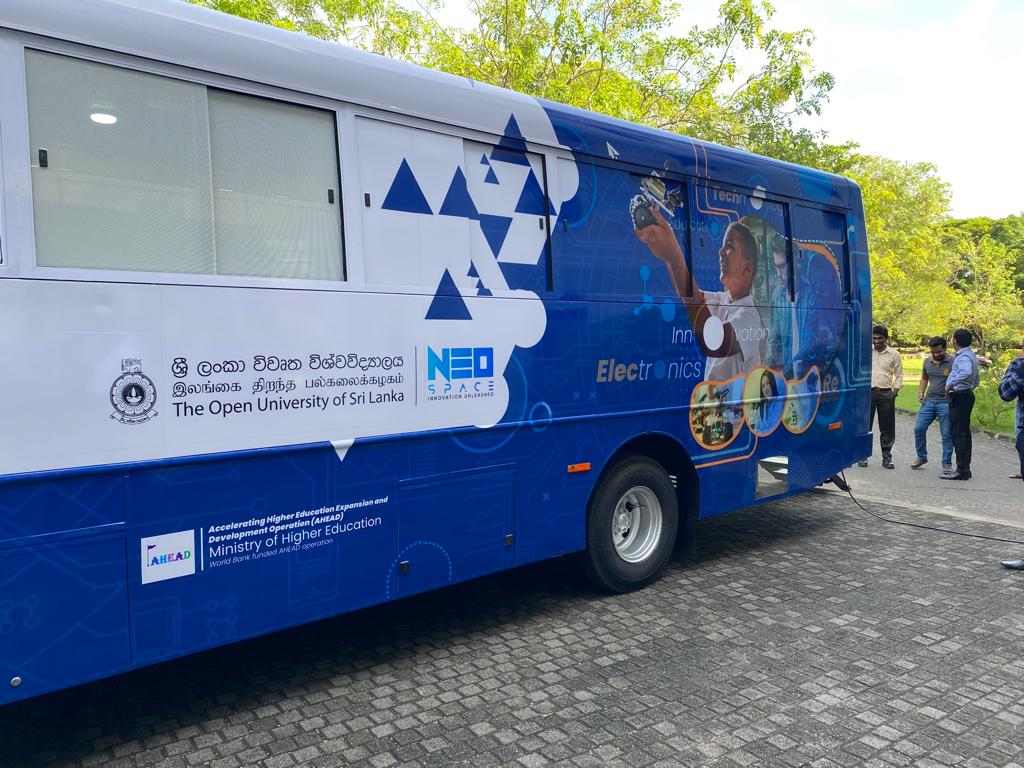
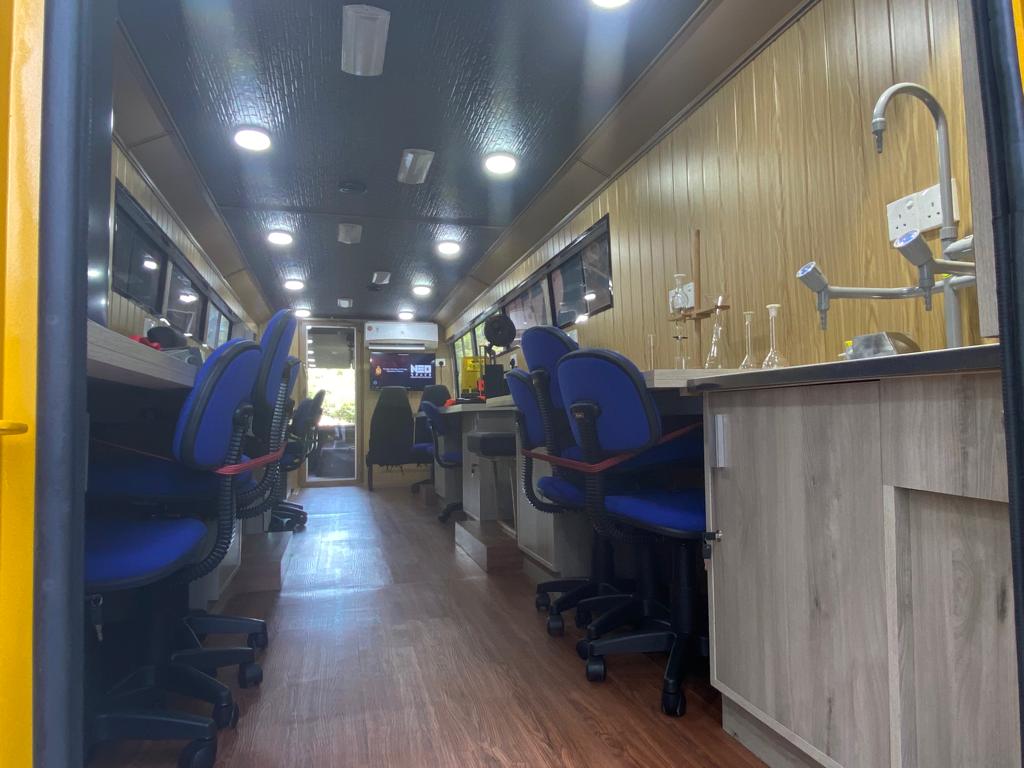
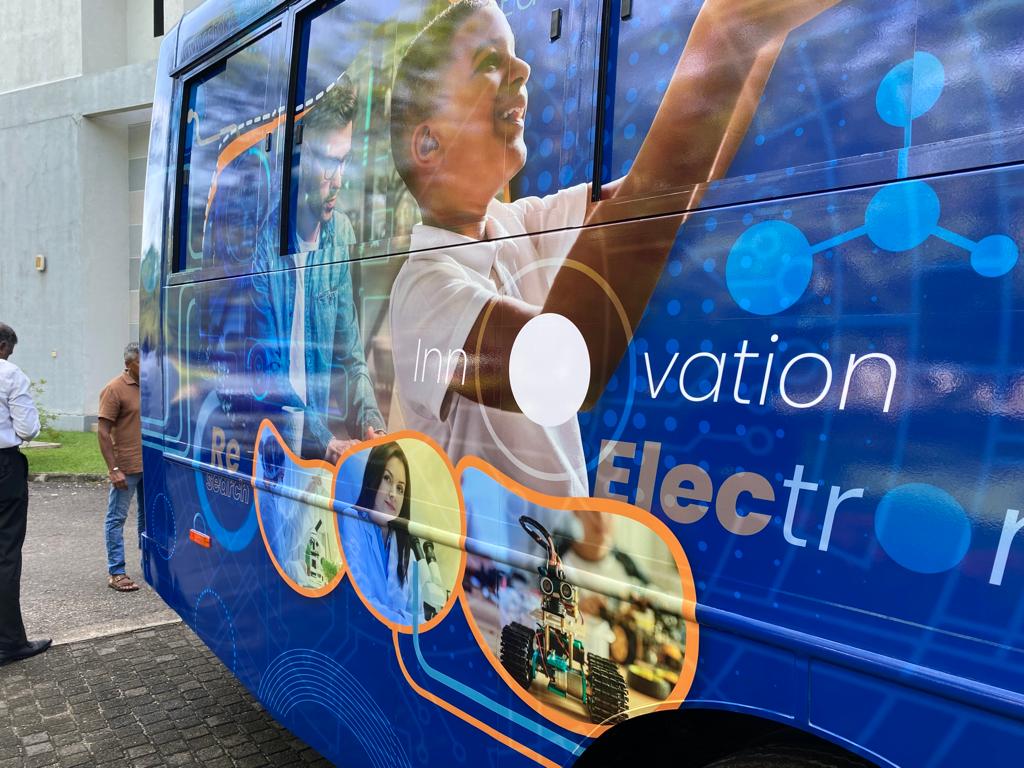

Wind Turbine
Implementing a wind turbine project in the agriculture department of the Open University, generating approximately 3.8 kWh of clean energy, is a laudable step towards reducing the university’s carbon footprint and promoting sustainability. By efficiently utilizing this renewable energy source to power the agriculture laboratory, the university not only decreases its reliance on fossil fuels and greenhouse gas emissions but also sets a positive example for its community and the broader society, illustrating the practical benefits of embracing clean energy solutions for a more sustainable and environmentally responsible future.
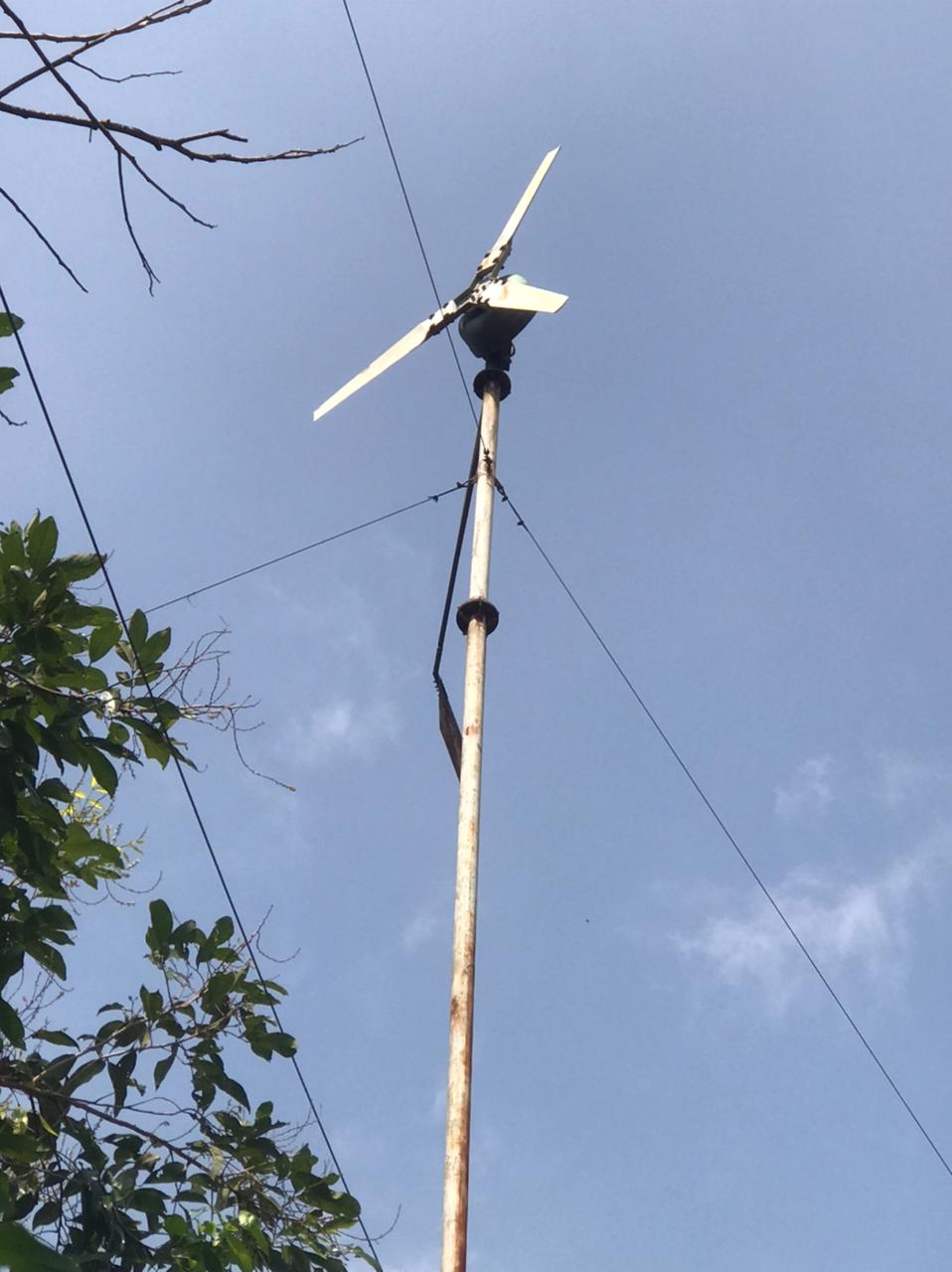
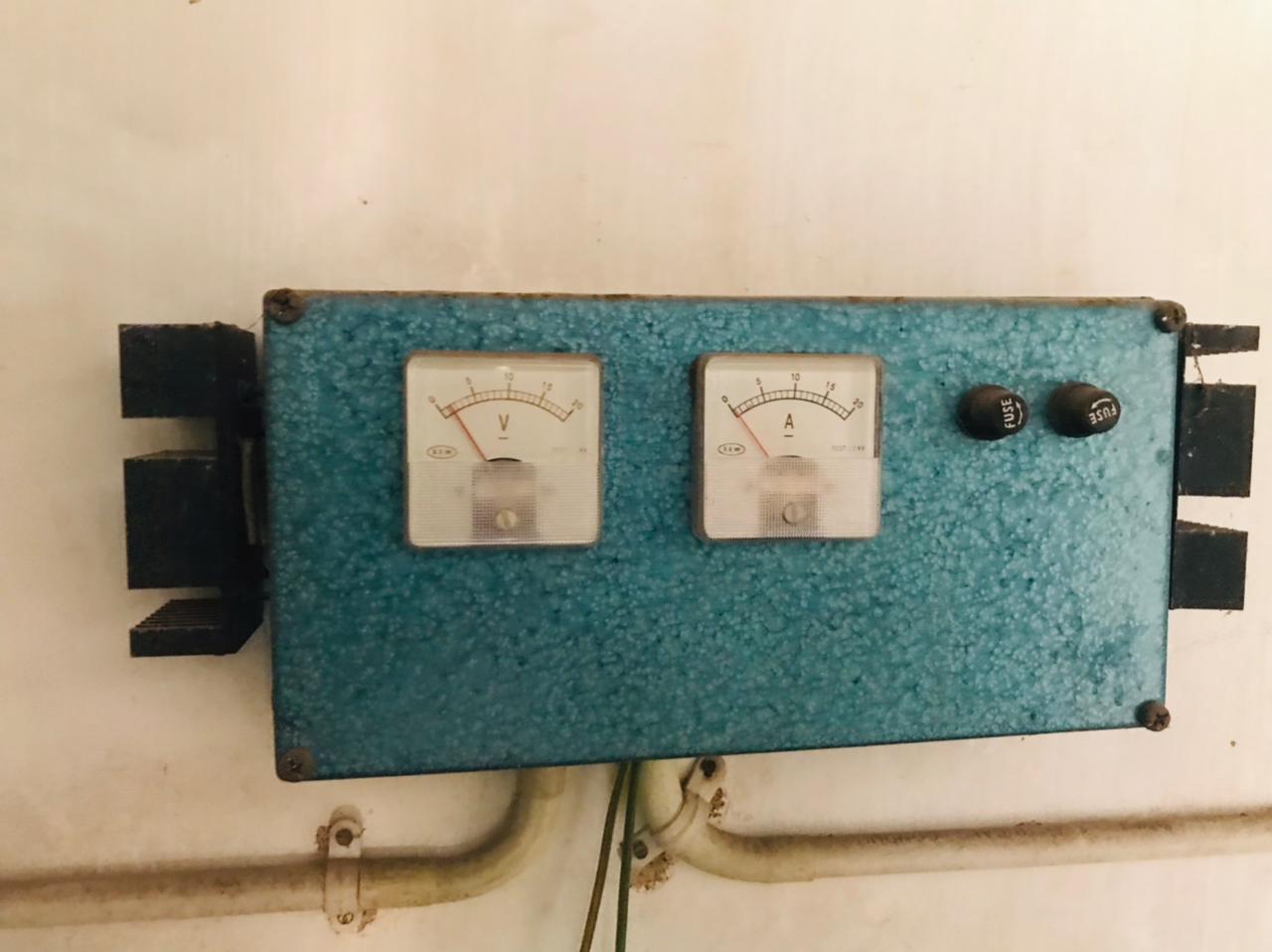
Energy Saving
In its pursuit of environmental sustainability and in alignment with its commitment to being an environmentally conscious institution, The Open University has implemented a series of strategic initiatives aimed at reducing energy consumption within the university premises. These endeavors are designed to diminish greenhouse gas emissions thereby mitigating the university’s overall impact on the complex challenge of climate change.
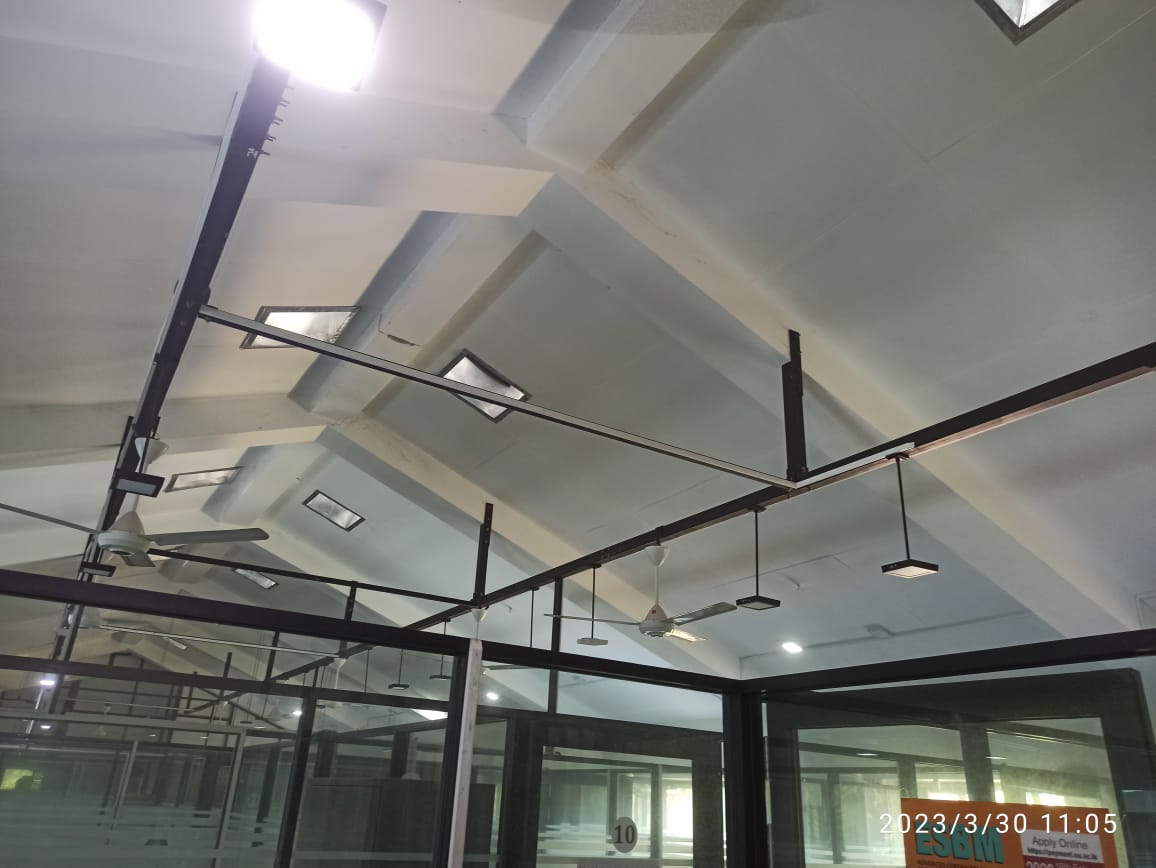
Use of LED light to reduce energy consumption
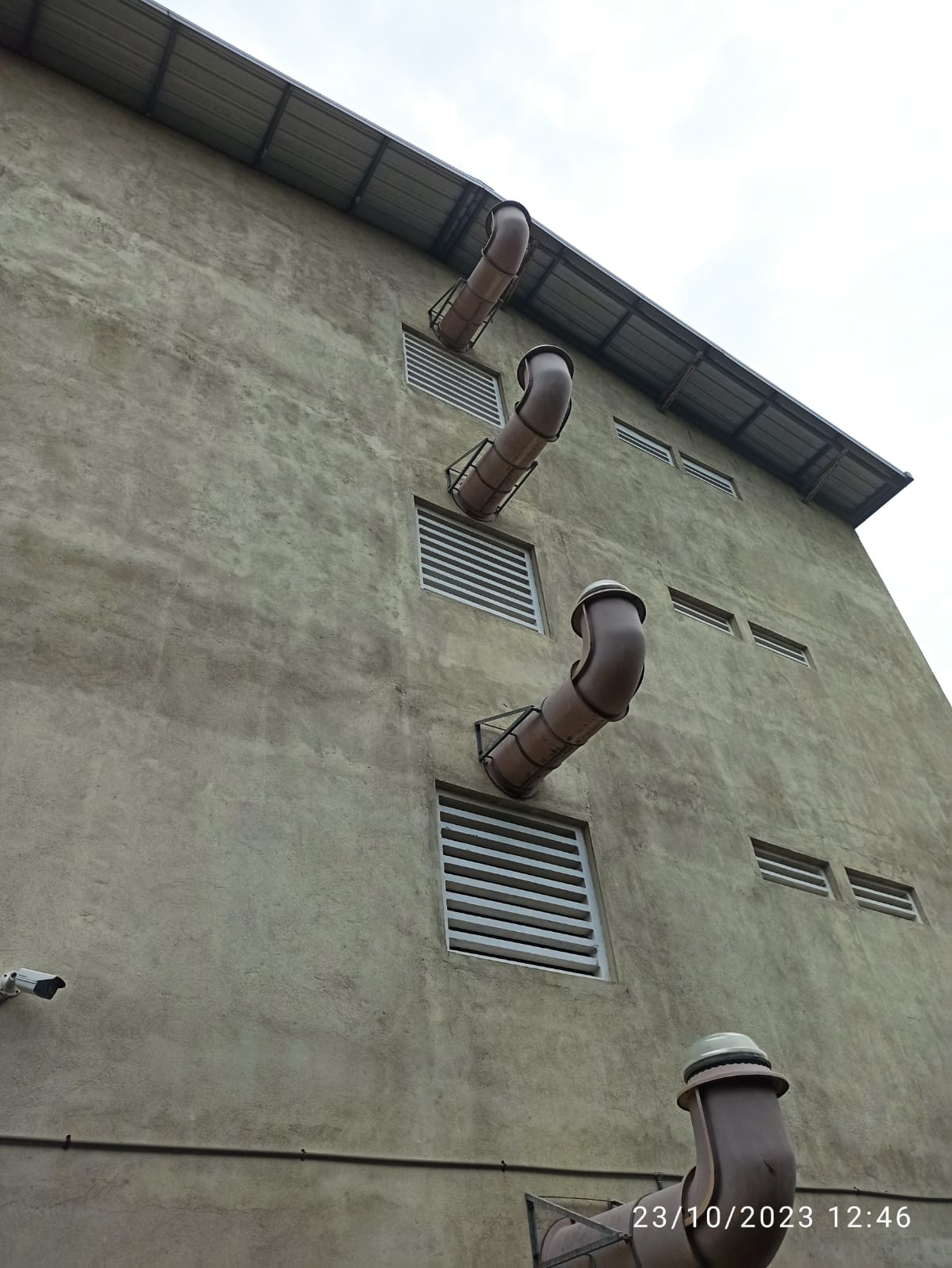
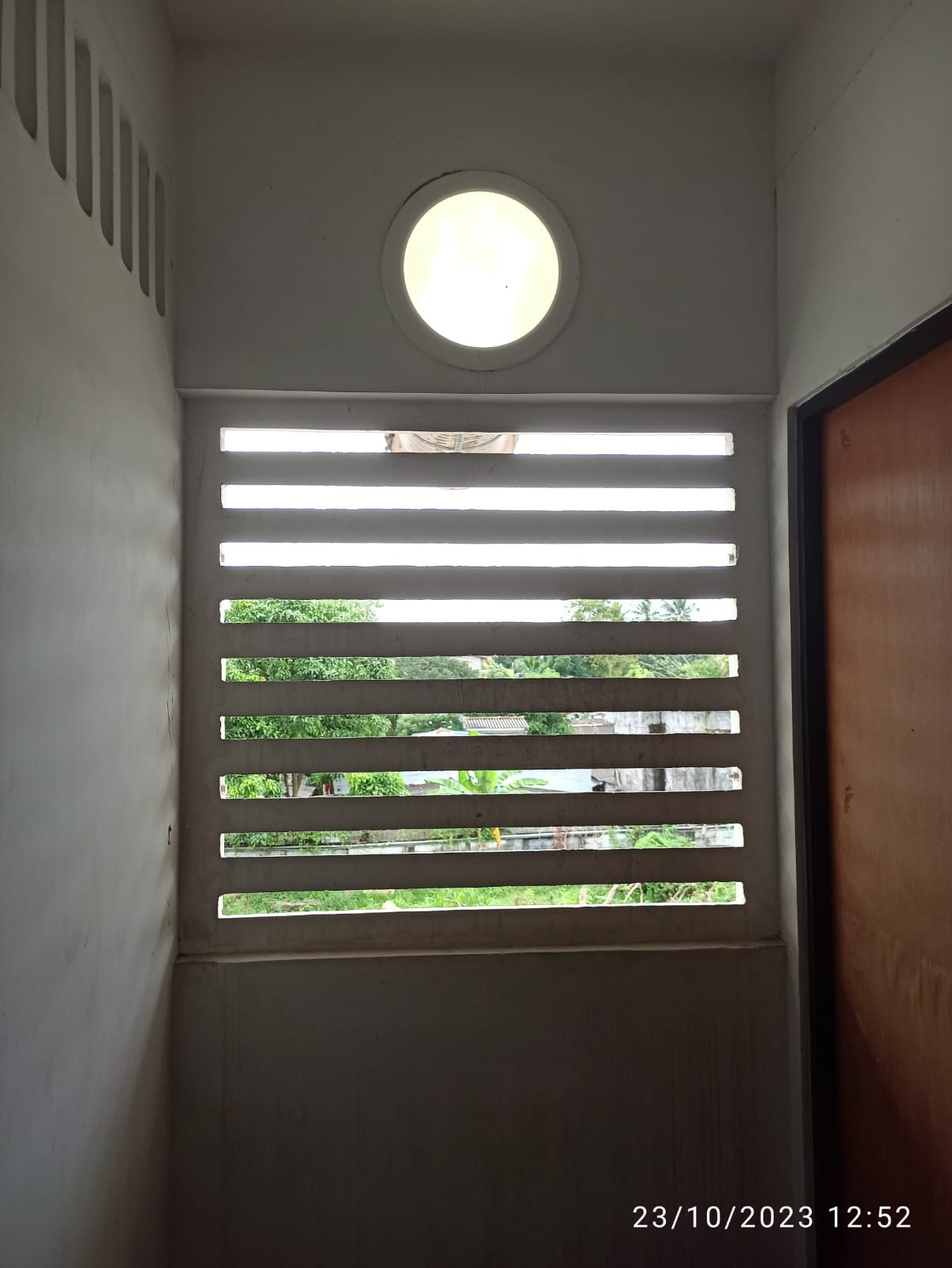
Enhancement of natural light ingress into the building thereby eliminate the use of artificial lights in daytime
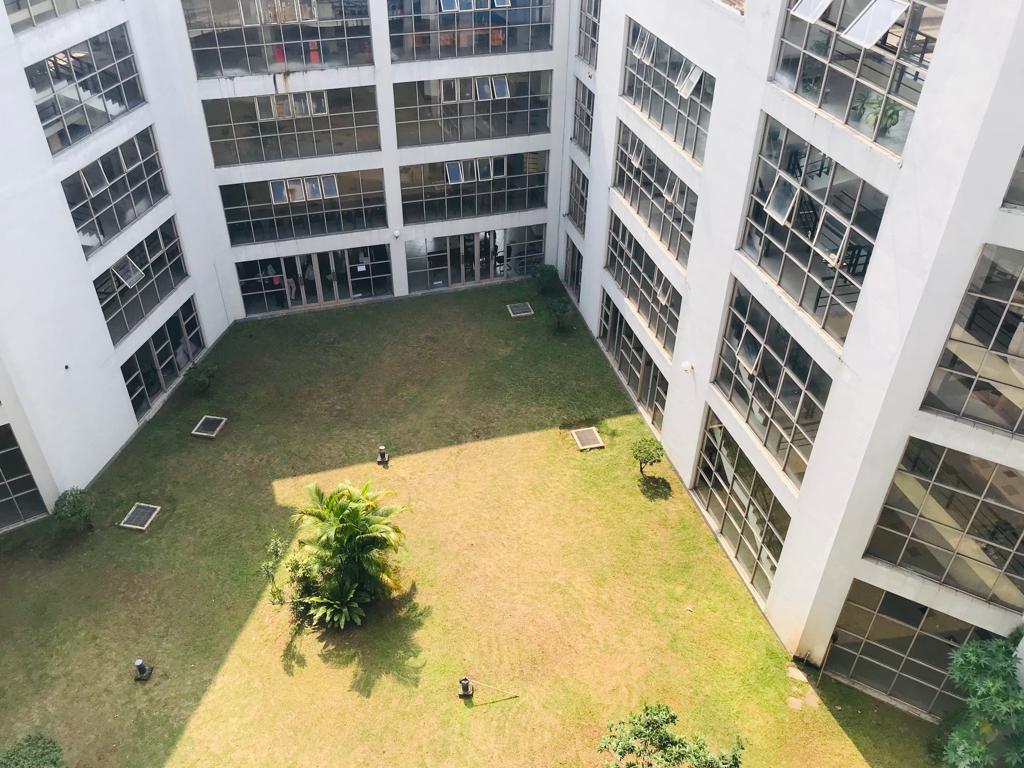
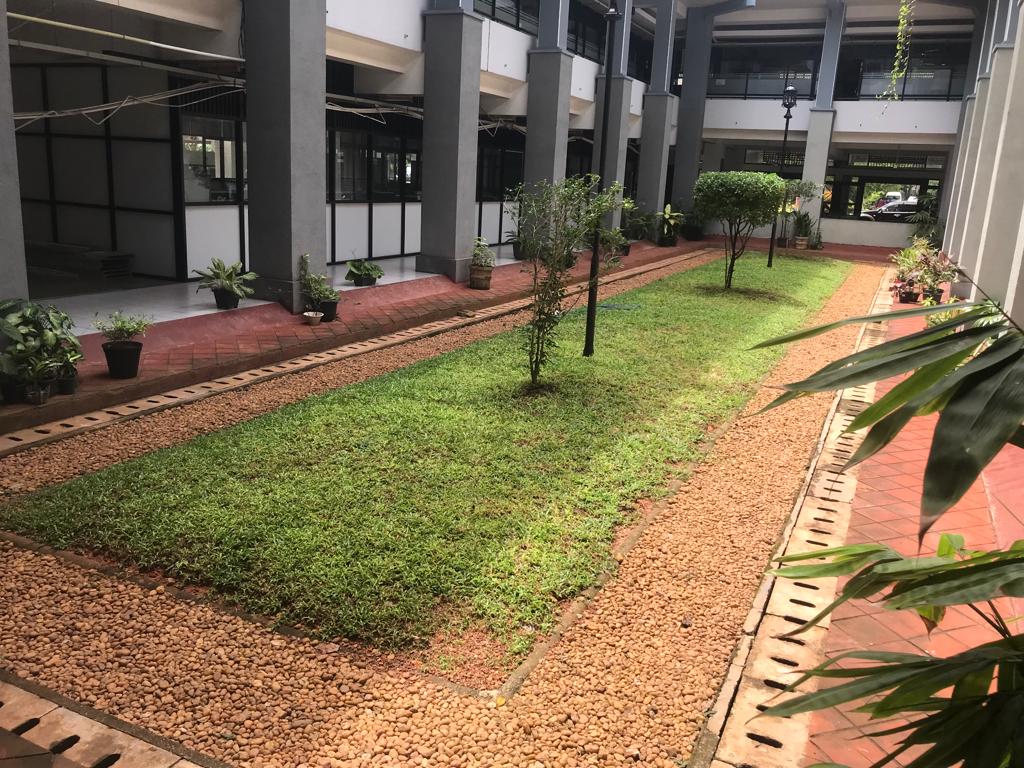
The university’s architectural approach prioritizes a systematic design to fully harness the benefits of natural lighting and ventilation. The incorporation of central gardens strategically augments the influx of natural light into the buildings. Further using of glasses, and strategical placing of windows increase the ingress of natural light into the buildings. These deliberate design choices have yielded a significant decrease in the dependence on artificial cooling and lighting systems, notably reducing energy consumption throughout the university campus.”
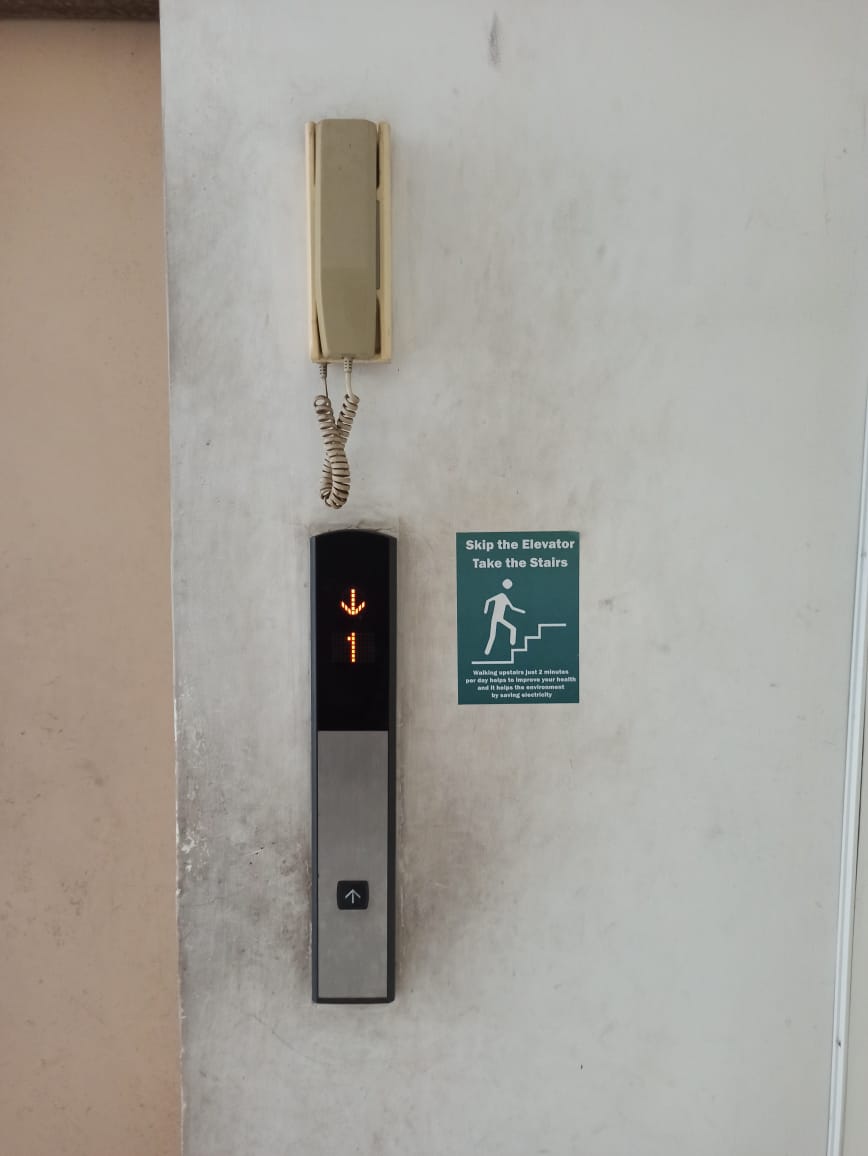
Stickers have been strategically affixed to elevator doors as part of an initiative to encourage individuals to opt for staircases over elevators. This thoughtful endeavor is aimed at promoting energy conservation within the university, as increased stair usage significantly curtails energy consumption associated with elevator operations.


